Appeals Court Rules Against Federal Government in FDCPA Case
Account Recovery
OCTOBER 4, 2021
There are limits to what the Fair Debt Collection Practices Act can be used for, and even the federal government is not immune to learning those lessons.
This site uses cookies to improve your experience. To help us insure we adhere to various privacy regulations, please select your country/region of residence. If you do not select a country, we will assume you are from the United States. Select your Cookie Settings or view our Privacy Policy and Terms of Use.
Cookies and similar technologies are used on this website for proper function of the website, for tracking performance analytics and for marketing purposes. We and some of our third-party providers may use cookie data for various purposes. Please review the cookie settings below and choose your preference.
Used for the proper function of the website
Used for monitoring website traffic and interactions
Cookies and similar technologies are used on this website for proper function of the website, for tracking performance analytics and for marketing purposes. We and some of our third-party providers may use cookie data for various purposes. Please review the cookie settings below and choose your preference.
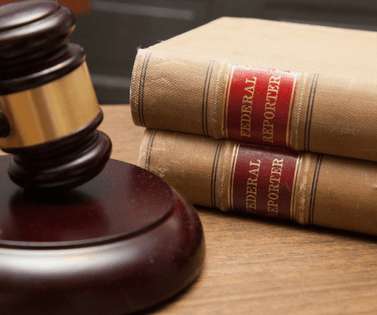
Account Recovery
OCTOBER 4, 2021
There are limits to what the Fair Debt Collection Practices Act can be used for, and even the federal government is not immune to learning those lessons.

Account Recovery
MAY 4, 2021
HUNSTEIN-RELATED CLASS ACTIONS CONTINUE PILING UP The number of 1692c(b) lawsuits alleging that a debt collector communicated information with a third party in violation of the Fair Debt Collection Practices Act continues to explode in the weeks following the Eleventh Circuit Court of Appeals’s ruling in Hunstein v.
This site is protected by reCAPTCHA and the Google Privacy Policy and Terms of Service apply.
How To Break Digital Transformation Barriers And Accelerate AI Adoption
Operational Strength Starts with People: The New Rules of Finance Leadership

Account Recovery
OCTOBER 4, 2021
APPEALS COURT RULES AGAINST FEDERAL GOVERNMENT IN FDCPA CASE There are limits to what the Fair Debt Collection Practices Act can be used for, and even the federal government is not immune to learning those lessons.
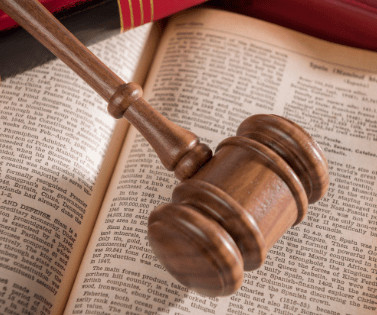
Account Recovery
FEBRUARY 21, 2025
Despite this, the defendant allegedly sent a follow-up text two months later, seeking payment on the same debt. The plaintiff filed a lawsuit, alleging a violation of Section 1692c(c) of the FDCPA, which governs communications after a consumer has indicated an intent to cease communications. The ruling: Judge Douglas R.
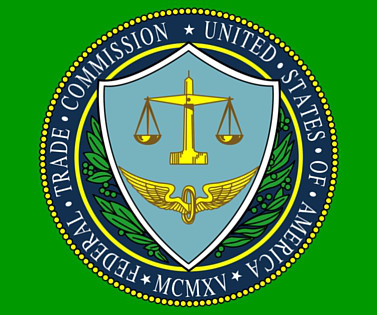
Account Recovery
MARCH 4, 2025
Second, the FTC claims they violated the Fair Debt Collection Practices Act by failing to disclose that they were acting as debt collectors and by making threats arrest, property liens, and wage garnishment that they could not legally enforce. Learn more.

Account Recovery
JANUARY 29, 2025
” Prior to joining Finvi, Andersen’s legal career encompassed various facets of law, including association law, corporate governance, and general counsel services. Her proven track record of leadership and advocacy is further evidenced by her numerous professional accolades and recognition as a champion within the industry.
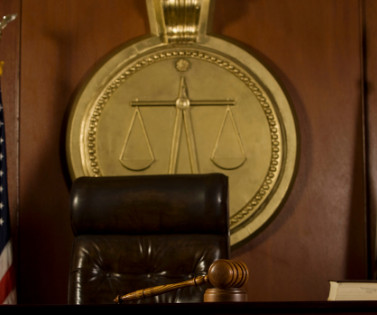
Account Recovery
APRIL 19, 2024
The Court of Appeals for the Ninth Circuit has upheld a lower court’s order compelling arbitration in a Fair Debt Collection Practices Act class-action case, ruling that the defendant purchased the rights of the contract governing the underlying debt as well as purchasing the debt itself.

Account Recovery
AUGUST 14, 2020
The administrator of the Colorado Fair Debt Collection Practices Act — the state law in Colorado governing debt collection practices — has scheduled a virtual meeting for later this month aimed at “amending and clarifying” the rules and soliciting new topic for rulemaking.
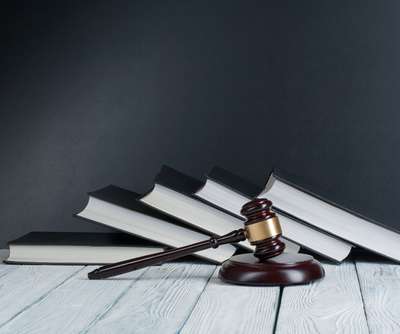
Better Credit Blog
AUGUST 31, 2020
Debt collectors are notorious for harassing consumers when they seek repayment, calling excessively and threatening to take actions that may not be legal. What you may not know is that you are protected by the Fair Debt Collection Practices Act (FDCPA), a law designed to keep third-party debt collectors in check when they contact you.
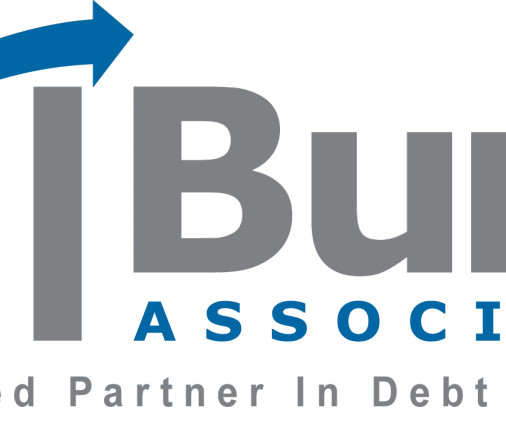
Burt and Associates
SEPTEMBER 23, 2024
The Fair Debt Collection Practices Act ( FDCPA ) is a cornerstone of consumer protection laws in the United States. It ensures that debt collectors adhere to specific ethical and legal standards when pursuing debts. 2024 FDCPA Highlights.
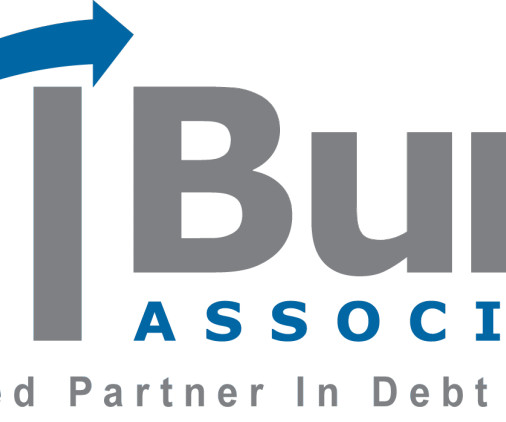
Burt and Associates
SEPTEMBER 23, 2024
The Fair Debt Collection Practices Act ( FDCPA ) is a cornerstone of consumer protection laws in the United States. It ensures that debt collectors adhere to specific ethical and legal standards when pursuing debts. 2024 FDCPA Highlights.
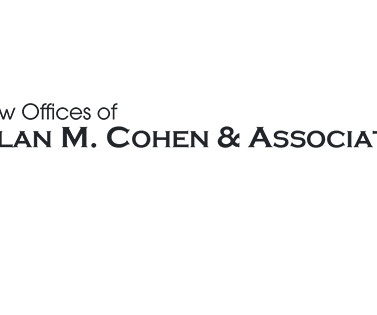
Collections Law
OCTOBER 21, 2024
Every business owner should have a basic understanding of the specific statutes that govern debt collections. Some of the most important include: Massachusetts General Laws Chapter 93, Section 49: Section 49 of Chapter 93 prohibits unfair, deceptive, or unreasonable debt collection practices.

Collection Industry News
JUNE 14, 2021
Colorado’s Administrator of the Uniform Consumer Credit Code recently amended the rules implementing the state’s Fair Debt Collection Practices Act. Provisions governing collection costs, letters of admonition, and the retention of recorded communications were also amended.

Collection Industry News
SEPTEMBER 2, 2024
The Fair Debt Collection Practices Act (FDCPA) serves as a foundational piece of legislation protecting consumers from abusive debt collection practices. For businesses looking to streamline their debt collection process, adhering to FDCPA guidelines is essential for long-term success.
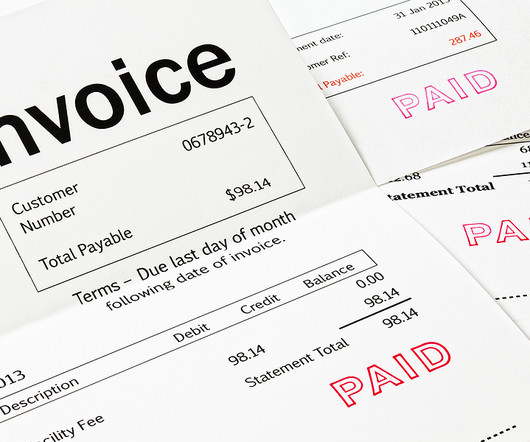
American Profit Recovery
SEPTEMBER 6, 2023
Ignoring collection laws While most collection laws do govern collection agencies, it’s a wise decision for your business to understand how these laws oversee debt collections in general. At the very least, your business should understand the Fair Debt Collection Practices Act (FDCPA.)

UK debt collections
JUNE 23, 2020
A mixed party collaboration of MP’s has written to the Chancellor requesting new legislative measures to reform the government’s debt collection practices. The 50 strong group of MP’s is urging chancellor Rishi Sunak to support the creation of a Debt Management Bill. Peter Turton of Stepchange said. “We

Debt Free Colorado
FEBRUARY 21, 2022
Does Colorado Law Protect Me From Debt Collectors? When collecting a debt from you, collection agencies must adhere to federal and state rules. Fortunately, the federal Fair Debt Collection Practices Act (FDCPA) protects all states. What is the Federal Fair Debt Collection Practices Act (FDCPA)?
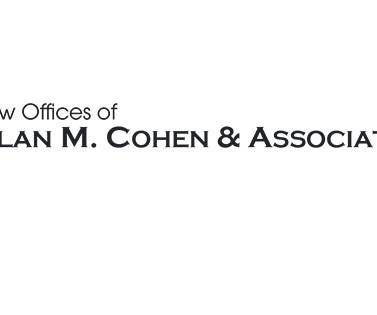
Collections Law
FEBRUARY 26, 2025
Mistake #4: Ignoring legal requirements Massachusetts has specific laws governing debt collection practices. It is essential to understand and comply with all legal requirements, including the Fair Debt Collection Practices Act. Ignoring these can result in legal repercussions and damage to your reputation.

True Accord
FEBRUARY 18, 2025
Several laws, regulations, and governing bodiesincluding the Fair Debt Collection Practices Act (FDCPA), Regulation F, Consumer Financial Protection Bureau (CFPB), among othersdefine how, when, and what needs to be included in consumer communications around debt collection, and letters were the original initial compliant consumer communication.
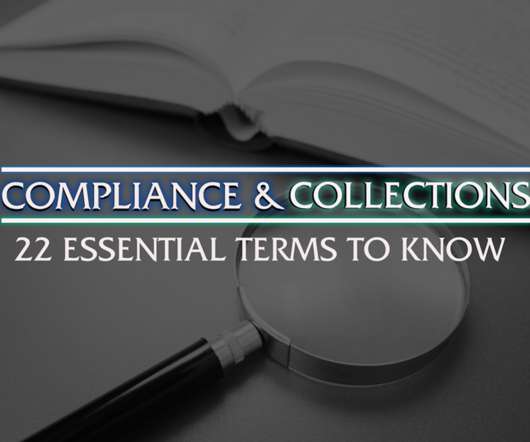
True Accord
SEPTEMBER 8, 2022
A debt collector may be able to assert a “Bona Fide Error Defense” in a lawsuit alleging violations of the federal Fair Debt Collection Practices Act (FDCPA). . CFPB: The Consumer Financial Protection Bureau (CFPB) is an agency of the United States government responsible for consumer protection in the financial sector.

Nexa Collect
JUNE 25, 2023
Knowledge of Laws and Regulations : Debt collectors must be well-versed in the laws and regulations that govern debt collection in their jurisdiction. For example, in the United States, they must comply with the Fair Debt Collection Practices Act (FDCPA).

Nexa Collect
JUNE 27, 2023
Wage Garnishment : In some cases, especially with federal student loans in the United States, the lender or collection agency can get an administrative garnishment order which allows them to take a certain percentage of the borrower’s wages directly from their employer.

Troutman Sanders
FEBRUARY 14, 2024
However, federal courts across the country continue to divest themselves of cases, particularly those brought under the Fair Debt Collection Practices Act (FDCPA) and Fair Credit Reporting Act (FCRA), following the Supreme Court’s salient Article III standing decision in TransUnion LLC v.
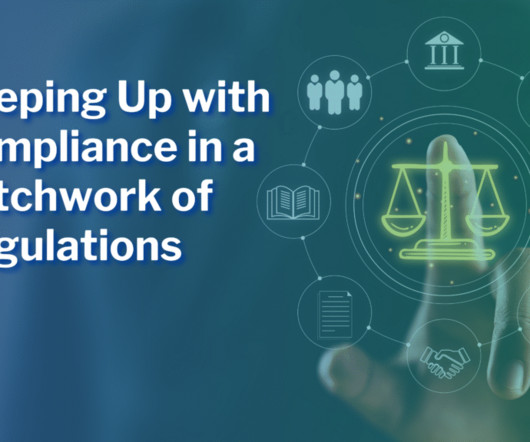
True Accord
MARCH 19, 2025
Layers of Laws and a Patchwork of Regulations: Federal, State, Local The complexity of debt collection laws begins with the different layers of laws and regulations that businesses must adhere to. Sometimes, even federal laws create a patchwork of requirements, such as the FCC’s mandate regarding opt-out requests.

Collection Industry News
AUGUST 18, 2020
The proposal would amend Regulation F to require debt collectors to make certain disclosures when collecting time-barred debts (debts for which the applicable statute of limitations has expired). “We

Collection Industry News
SEPTEMBER 29, 2020
17, 2019 on the CFPB’s Notice of Proposed Rulemaking for the Fair Debt Collection Practices Act of 1977. The FDCPA is not meant to govern credit reporting in this manner, and the Fair Credit Reporting Act (FCRA), which sets forth many requirements, does not require this.
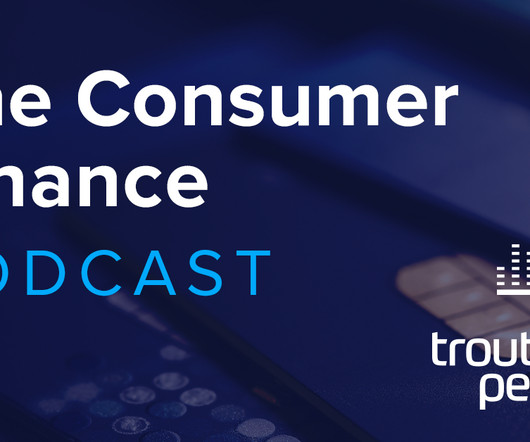
Troutman Sanders
MAY 2, 2023
She has extensive experience in helping clients navigate fair lending examinations and supervisory issues, and she has successfully represented clients in high-stakes fair lending regulatory investigations and enforcement actions.

Credit Corp
NOVEMBER 9, 2020
Can a collection agency report to a credit bureau without notifying you? Knowing illegal debt collection practices can help identify when you’re being treated unfairly. The Fair Debt Collection Practices Act is a federal law that protects consumers against certain unfair collection practices.

True Accord
FEBRUARY 11, 2025
And while last year saw different governing bodies and providers make a lot of progress handing down guidelines and best practices for better consumer experience overall, our experts expect the next wave of successful new regulations to come from the states versus the federal legislation.
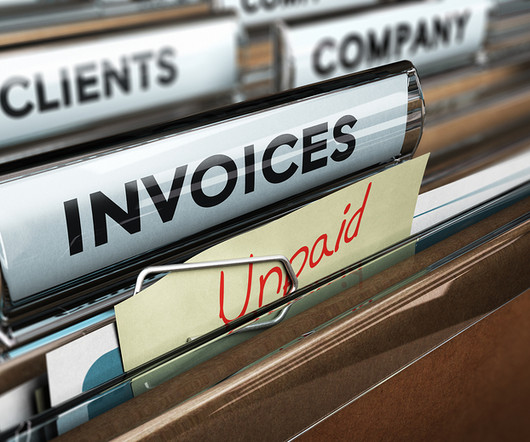
American Profit Recovery
MARCH 30, 2023
Never make false statements: When trying to collect past-due invoices from customers, you must stick to the facts. A business should never make false statements to a customer when trying to collect. This includes claiming to be a government agency or misrepresenting the amount owed.

Troutman Sanders
JANUARY 6, 2023
15, 2022, the Federal Financial Institutions Examination Council’s (FFIEC) Task Force on Consumer Compliance adopted revised examination procedures for the Fair Debt Collection Practices Act (FDCPA) and its implementing regulation, Regulation F. OCC examiners will rely on this new interagency guidance instead. FFIEC is a U.S.

Nexa Collect
JUNE 24, 2023
As per my knowledge, there are no clear guidelines from the government for a debt collector who wants to work from home. You should discuss these points with the compliance superior of your collection agency. In the United States, for example, debt collectors must adhere to the Fair Debt Collection Practices Act (FDCPA).
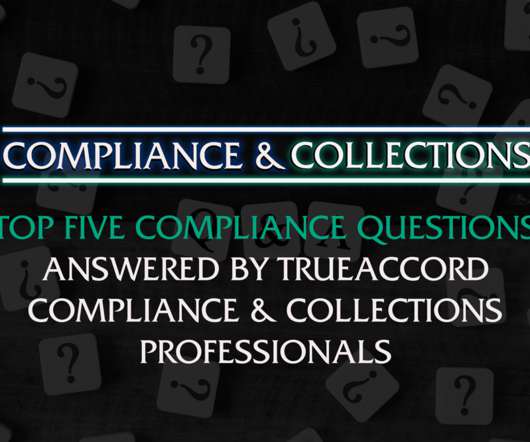
True Accord
OCTOBER 11, 2022
What are the major laws and regulations lenders need to know that govern debt collection (and debt collection service providers)? Steve Zahn [SZ] : Right off the bat, obviously the Fair Debt Collection Practices Act, or the FDCPA, is the major law lenders need to know about for debt collection.

Collection Industry News
NOVEMBER 25, 2024
In other instances, according to the complaint, GCI calls consumers’ family members, making similar threats of legal action, and those calls have continued even after the company has been in contact with the consumer from whom they are seeking to collect the bogus debt. million in bogus debts to the company.
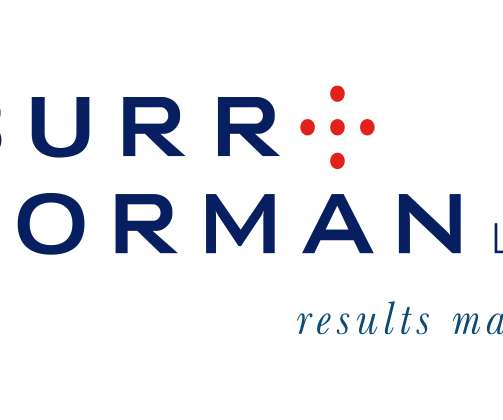
Burr Forman
JUNE 15, 2021
Riexinger & Associates, LLC , the Second Circuit Court of Appeals held that an attempt to collect a debt that states the current balance owed but does not disclose whether interest and fees are accruing is misleading in violation of the Fair Debt Collection Practices Act (“FDCPA”) Section 1692e.

True Accord
MARCH 4, 2025
Add on evolving compliance regulations and the modern debt collection challenges mount. Staying on Top of the Shift Toward a Consumer-Centric Compliance Model Traditionally, compliance in debt collection focused primarily on following established regulations, such as the Fair Debt Collection Practices Act (FDCPA) and Regulation F.

Debt RR
SEPTEMBER 27, 2020
Like the Fair Debt Collection Practices Act, the U.S. business debt collection laws are regulations that safeguard businesses in commercial debt from harsh debt recovery practices by creditors and debt collection agencies. Does the Fair Debt Collection Act Apply to Businesses?

Direct Recovery
JULY 31, 2024
Attempt to Impersonate Law Enforcement It might sound obvious that a commercial debt collector cannot impersonate a police officer, but it should also be noted that a third party debt collector also cannot attempt in any way to represent any type of government agency.
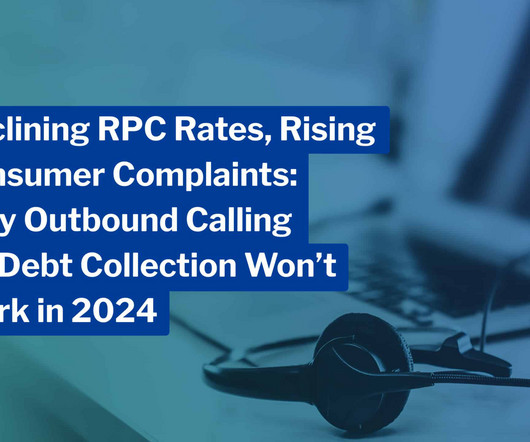
True Accord
JANUARY 31, 2024
Surveys from the Association of Credit and Collections Professionals (ACA International) found that 62% of the respondents reported seeing a decrease in right-party contacts, with 78% of the respondents experiencing call-blocking and 74% having their calls mislabeled.

Collection Industry News
MAY 2, 2023
. – Today, the Consumer Financial Protection Bureau (CFPB) issued guidance on debt collectors, covered by the Fair Debt Collection Practices Act, threatening to foreclose on homes with mortgages past the statute of limitations. Read the blog, Zombie second mortgages: When collectors come for long forgotten home loans.
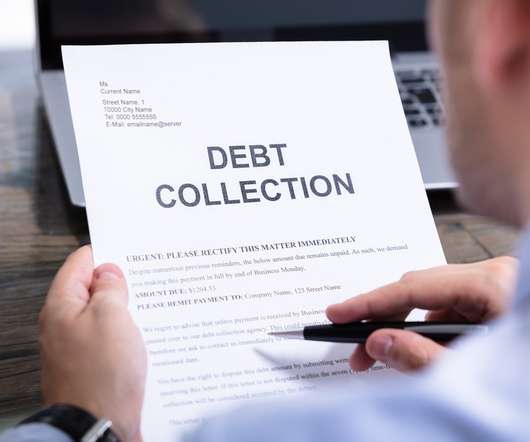
Sawin & Shea
FEBRUARY 16, 2021
Creditors are governed by the Fair Debt Collection Practices Act. As such, they’re required to only send collection letters that are truthful, correct, not misleading, and do not provide false information. Many collection companies, however, skirt these rules and do not comply.

Troutman Sanders
FEBRUARY 8, 2021
On January 21, the CFPB issued a Small Entity Compliance Guide summarizing the October 2020 Debt Collection Rule. The Debt Collection Rule amends Regulation F, 12 CFR Part 1006 and becomes effective on November 30, 2021.

Collection Industry News
JUNE 16, 2023
While there is no specific federal law like the Fair Debt Collection Practices Act (FDCPA) that governs commercial debt collection practices, there are still legal considerations and regulations that collectors should be aware of.

Direct Recovery
JUNE 7, 2022
Because of that, changes have been made to update the rules and regulations that govern those collection efforts and how they impact consumers. Reviewing the Fair Debt Collection Practices Act. They are also strictly forbidden from misrepresenting themselves as any type of law enforcement officer.
Expert insights. Personalized for you.
We have resent the email to
Are you sure you want to cancel your subscriptions?


Let's personalize your content